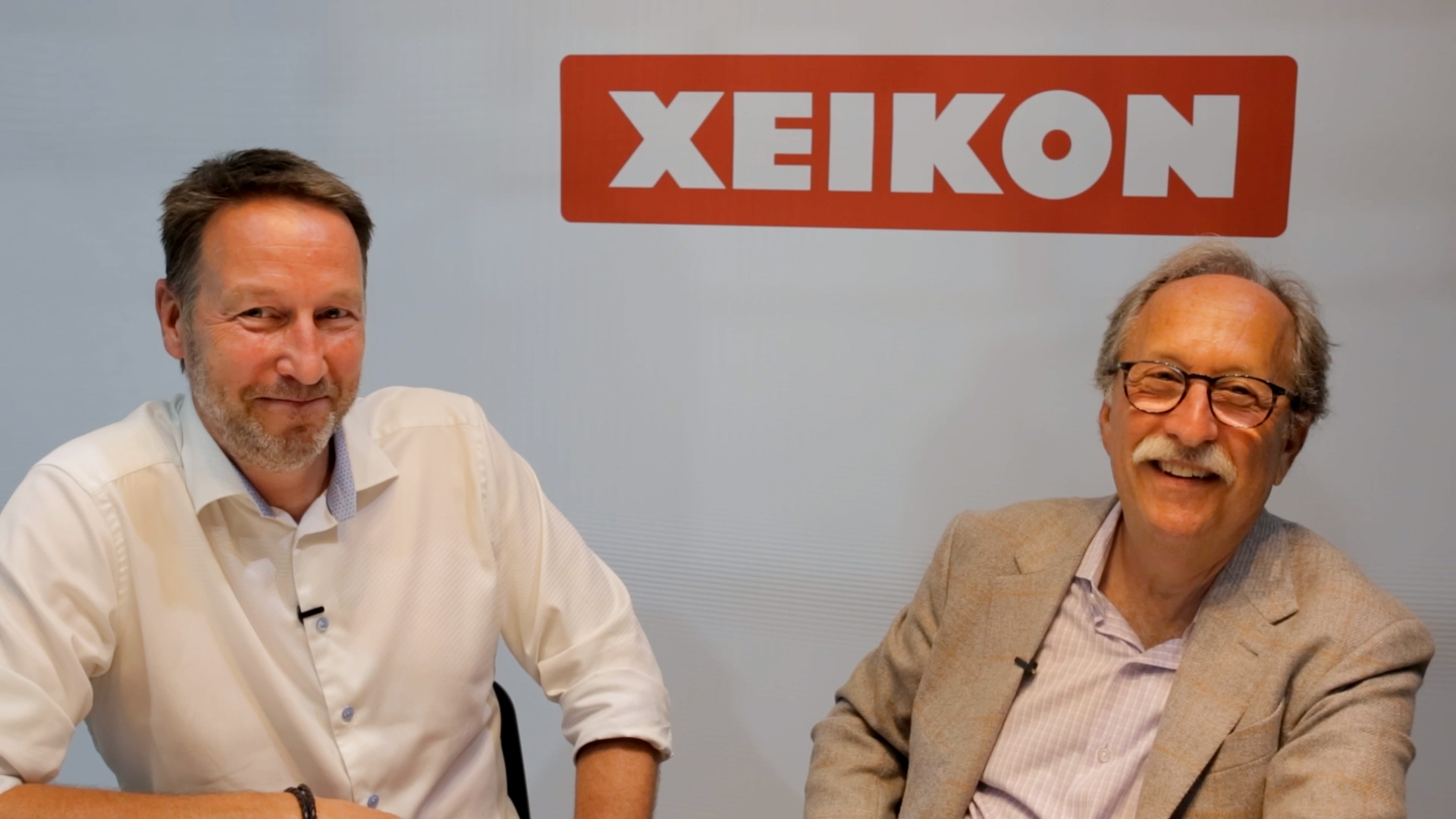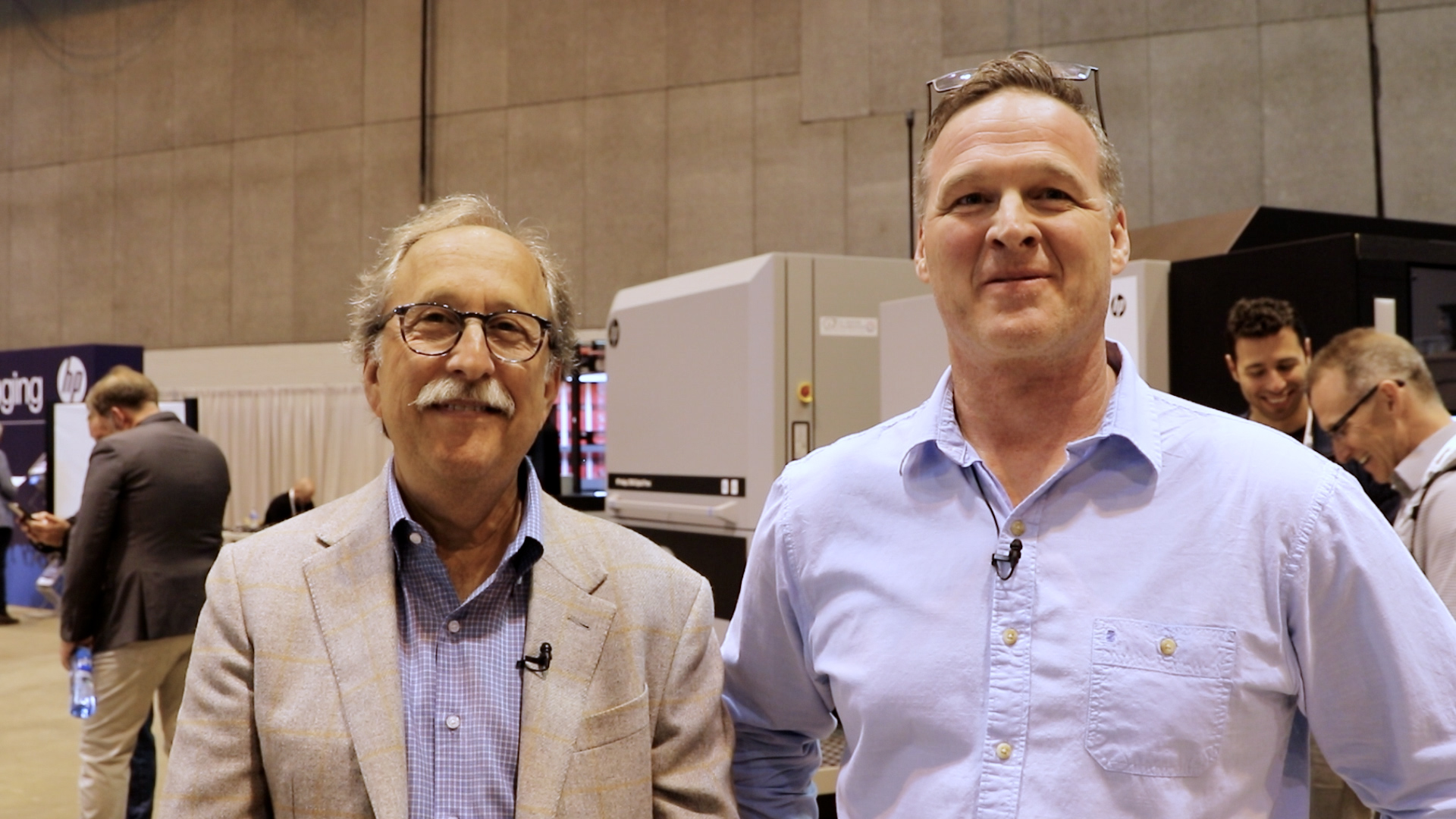New Sustainability Report: KHS Strengthens its Commitment to Climate Protection
Press release from the issuing company
Goal: greenhouse gas neutrality by 2045
- Systems provider supports Salzgitter 2030 Group strategy
- Key figures considerably expanded in the current report
Dortmund – In its new report for 2021/2022 the KHS Group presents its extensive commitment to sustainability. The key focus is on measures already introduced and the most recent steps taken to reach net zero by 2045. With this aim the turnkey supplier is pursuing the Salzgitter 2030 strategy adopted by the Group parent. For the first time interested stakeholders thus receive an extended summary of the engineering company's sustainability efforts. The document is again based on the international reporting standards of the Global Reporting Initiative (GRI). Its key figures on the Group’s economic, social and ecological developments have been considerably expanded, thus enabling direct comparisons to be made.
“In our latest sustainability report we link our previous commitment – particularly with regard to saving on resources and avoiding emissions – to the Group-wide target of greenhouse gas neutrality by 2045,” says Nicole Pohl, senior CSR manager at KHS. This encompasses a multitude of activities which in the current issue are clearly divided into the categories of strategy and governance, product responsibility, operational ecology and social activities.
“We’ve been reporting on our commitment to sustainability for about ten years now and want to continue to make this visible and comparable for our stakeholders. As part of the Salzgitter Group KHS is still not actually obliged to issue a report; however, we know how relevant these topics are on our markets and want to consciously be on an equal footing with other companies in this regard,” Pohl explains. One of Europe’s leading steel and technology concerns, Salzgitter AG is as seriously committed to the protection of the climate as KHS. Thanks to its SALCOS or Salzgitter Low CO2 Steelmaking transformation project, among others, the Group is a pioneer in low-CO2 steel production on the basis of hydrogen.
Focus on the circular economy
Both Salzgitter and KHS believe circularity to be a central lever in implementing their sustainability strategies. Here, the turnkey supplier spotlights its prime fields of action in the context of a regenerative, resource-conserving circular economy in order to systematically identify and reduce its potentially negative impact on the climate and environment throughout the entire value chain.
KHS already offers circular concepts for its packaging systems in particular – including for its [r]PET container systems. Regarding secondary packaging, for years now KHS’ Nature MultiPack has been one of the most sustainable alternatives on the market when it comes to saving on materials and CO2. KHS also provides a comprehensive life cycle assessment based on independently validated calculator tools. This allows customers to specifically account for the ecobalance of a type of packaging when deciding to invest.
Resource-conserving, energy-efficient lines and machines
Furthermore, the report highlights the successes already achieved by the company’s new and further development of resource-conserving, energy-efficient lines and machines. One key aspect here is the durability and high quality of its plant engineering. “This forms the foundation for our customers, on which they can safely and reliably process their products in an environmentally-friendly fashion,” Pohl claims. So that beverage bottlers can produce economically and sustainably, KHS offers an increasing number of standardizations and expansion and modernization options for its machinery. These also include a reliable and active system of discontinuation management. “With this, we’re already considerably helping our clients to cut down on the use of resources and be more energy efficient,” states Pohl. “In the future we aim to focus more heavily on the full product value creation process in order to address the central question of how our lines can have a positive effect on the carbon footprint throughout their entire life cycle.”
Sustainability management as key corporate strategy
To answer this key question and further associated issues regarding product design, supply chains or a product’s end of life, KHS has effected a comparison with the Salzgitter 2030 strategy of its parent company and defined its KHS2025 program for the coming years. Here, sustainability is a major pillar of its corporate strategy, with the clear aim of working towards net zero by 2045. Together with the Executive Management Board, executive managers and responsible user departments, appropriate strategic positions and measures are being developed in this way. Moreover, the systems provider records and describes its various approaches and the achievements made. This is all executed in close cooperation with Group parent Salzgitter AG – always with their joint climate goal in mind. Here, KHS profits from a multitude of operational ecology measures, especially the consistent cut in direct greenhouse gas emissions over the past few years. The use of certified green electricity at all German production sites since 2016 is an important factor here. “The planned commissioning of a large-scale photovoltaic system at our headquarters in Dortmund is the next transformative move in the energy revolution,” smiles Pohl. This is not the only project that underlines the significance of sustainability for KHS.
“All of the experience made during the past few years is of huge benefit to us, for we’re not starting from scratch by any means and can now approach all further measures with greater focus,” Pohl concludes.
Find our sustainability report for 2021/2022 at:
https://sustainability.khs.com/en
- Innovations in Inkjet for Textile Production – live webinar
- Buying Inkjet Part 1: Does This Printer Make Me Look Good?
- LabelExpo 2023: Launches and Trends – Part 2
- Driving profitability with cut-sheet inkjet
- Zero Trust Environments for Inkjet Printing
- Kevin Roman on the evolution of professional services needs
- LabelExpo 2023: Launches and Trends – Part 1
- Inkjet Gets into “Hard Core” Applications
© 2023 WhatTheyThink. All Rights Reserved.









Discussion
Join the discussion Sign In or Become a Member, doing so is simple and free